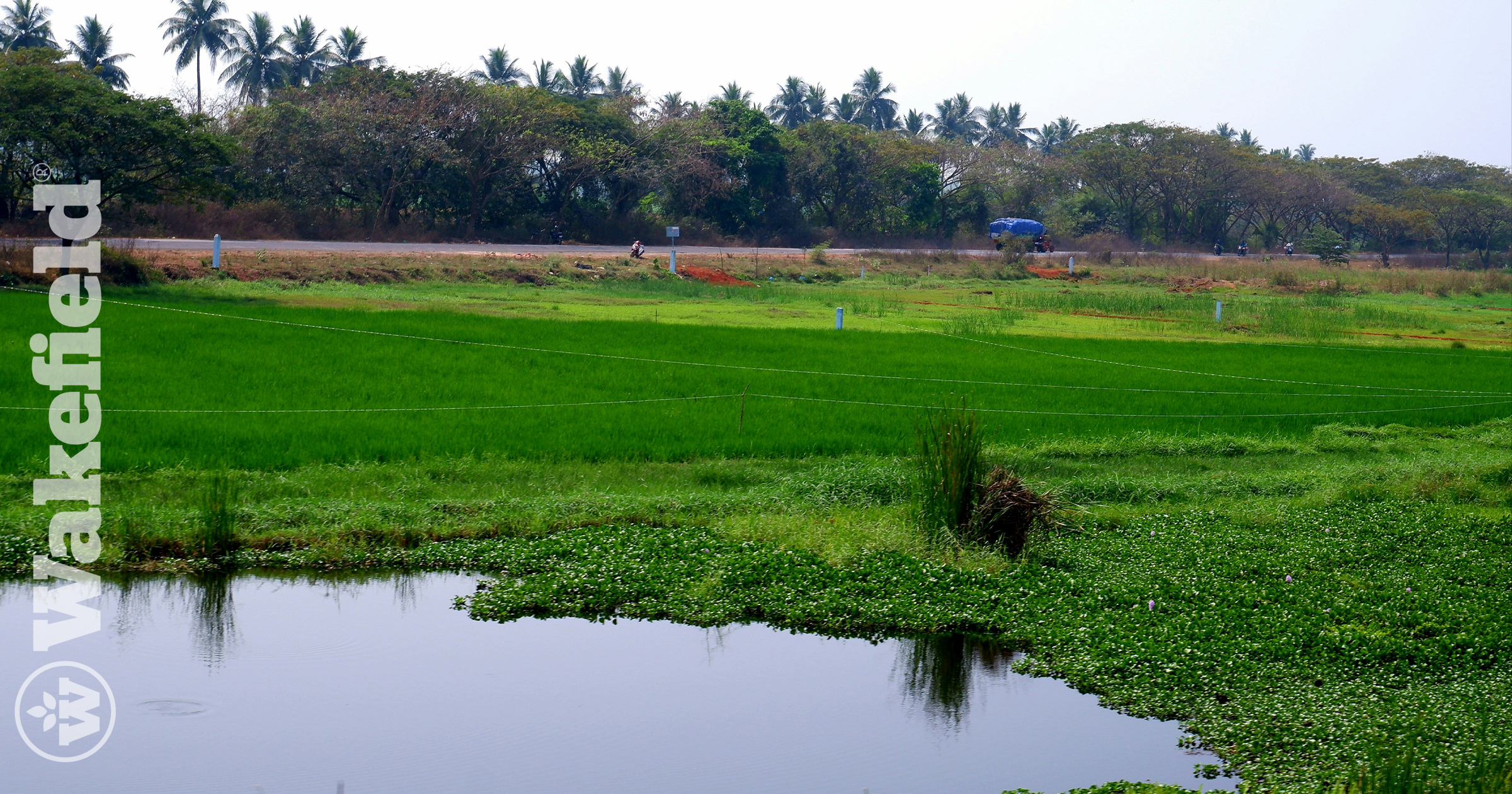Biochar’s Role in Boosting Water Retention

[wf-scholarly-article title=”Impact of biochar on water retention of two agricultural soils – A multi-scale analysis” authors=”Daoyuan Wang, Chongyang Li, Sanjai J. Parikh, Kate M. Scow,” publication=”Geoderma” year=”2019″ doi=”10.3389/fmicb.2022.834751″ url=”https://www.frontiersin.org/journals/microbiology/articles/10.3389/fmicb.2022.834751/full”]
A Solution for Climate-Resilient Agriculture and Soil Health
Global climate change has caused more extreme hydrological events, like long-term droughts and heavy precipitation, creating uncertainty in agricultural production worldwide. Enhancing soil water retention can boost the resilience of ecosystems and the microbial communities they support. Biochar, produced from biomass pyrolysis, can help mitigate climate change by sequestering carbon in the soil. Moreover, adding biochar can reduce nutrient leaching and increase soil cation exchange capacity, providing additional agricultural benefits.
Previous Research
Research on biochar’s effect on soil water retention shows mixed results due to differences in biochar types and production methods. While some studies found no consistent impact, others saw improvements in coarse-textured soils. Biochar can help soil retain water by reducing bulk density, increasing pore volume, enhancing surface area, and improving soil aggregation, but many of these effects haven’t been directly proven.
Putting Biochar to the Test
This study set out to explore how biochar affects soil water retention. The researchers tested two different types of biochar on soils with various textures. They carefully observed water movement in biochar-amended soil during the drying process and looked at the impact of biochar six years after it was applied. They found that biochar could help improve water retention, especially in coarse soils, because of its pore structure. Additionally, they believed biochar could provide water to the soil during drying, though its effectiveness might decrease over time. Furthermore, they suspected that other farming practices, such as adding compost or cover crops, might have a bigger impact on water retention than biochar.
Concluding Thoughts
This study highlights the significant potential of biochar, especially with high interporosity, to enhance water retention in coarse-textured soils. Additionally, combining biochar with other agricultural practices like compost addition and cover cropping could further maximize soil water retention benefits.






